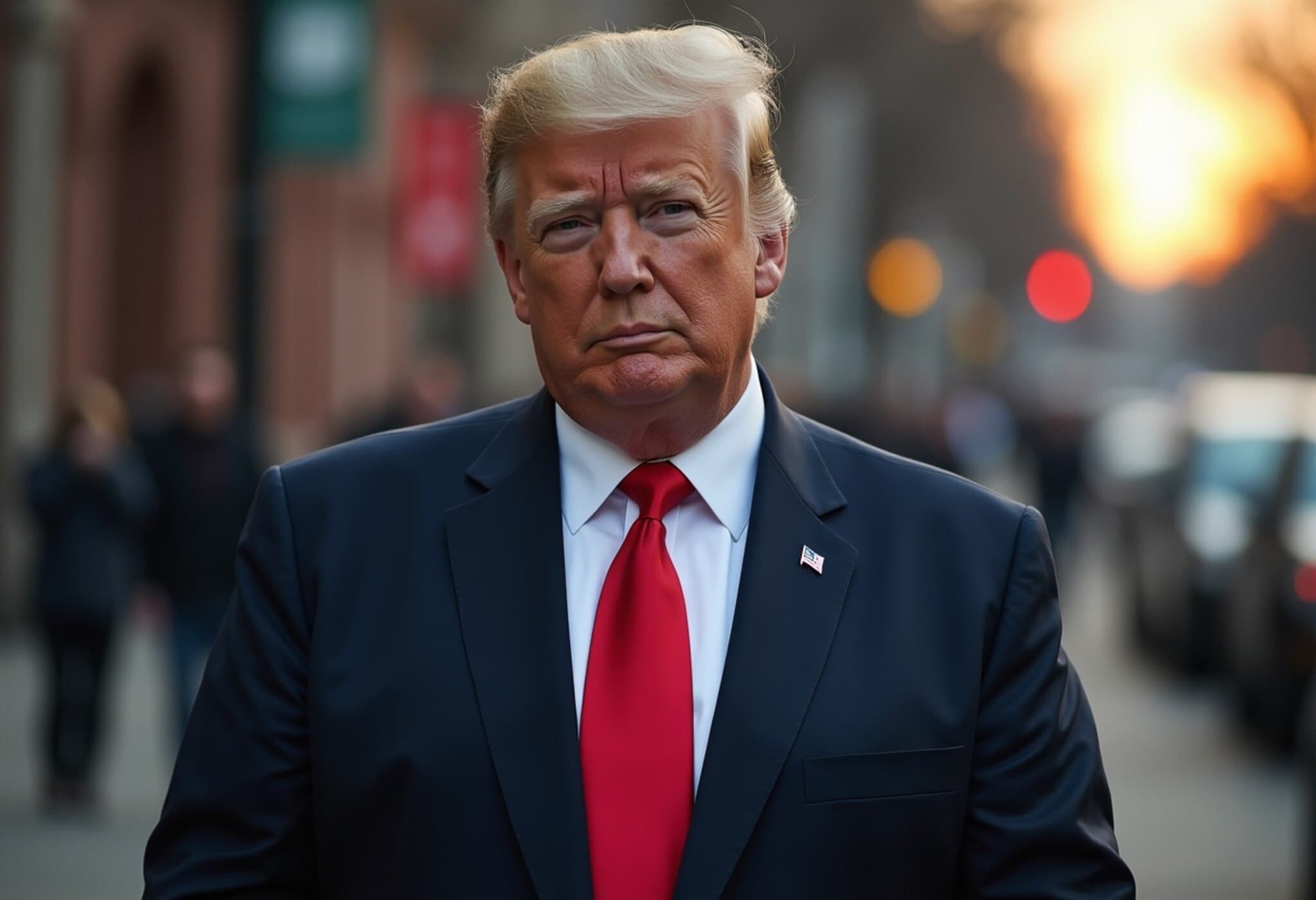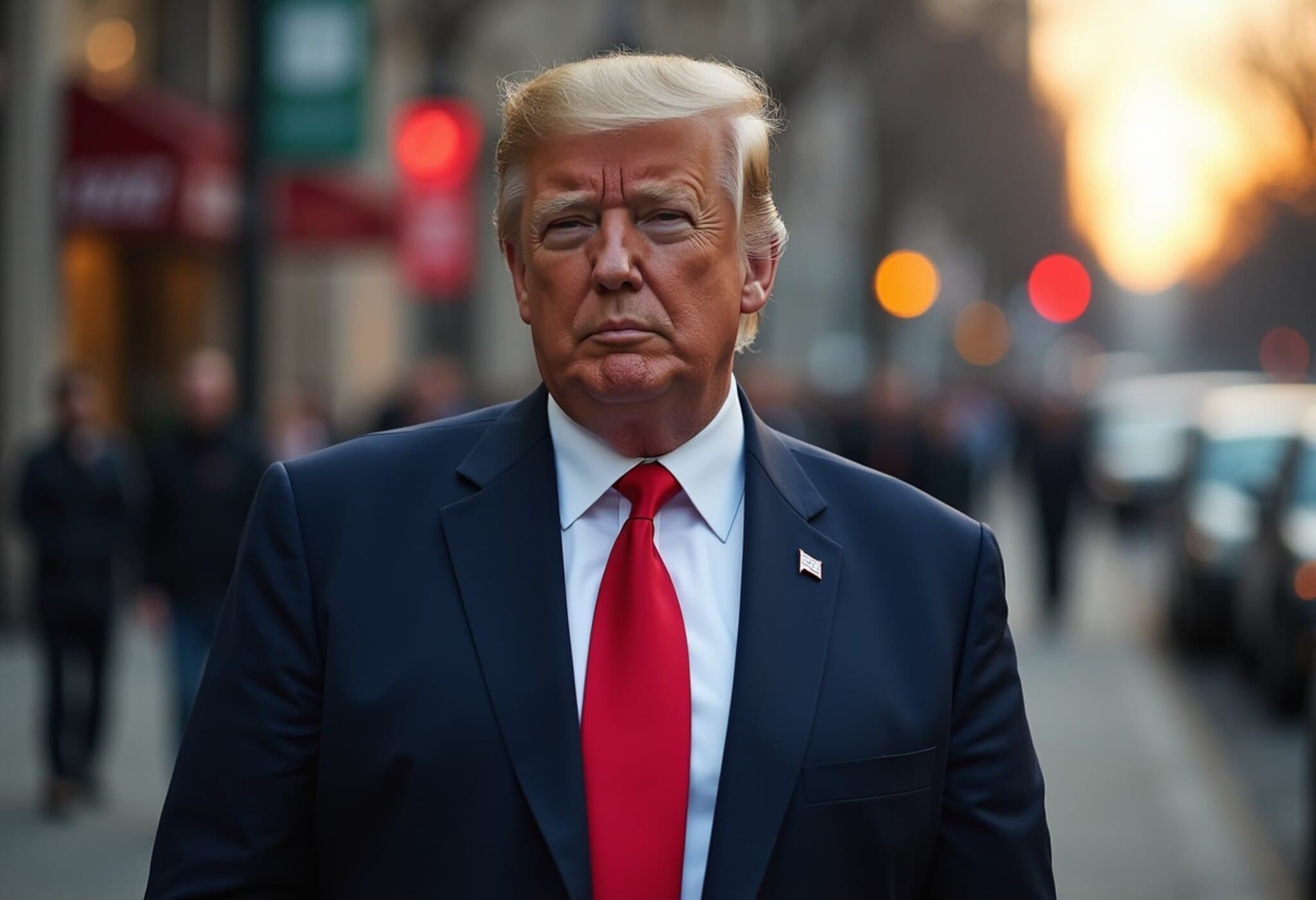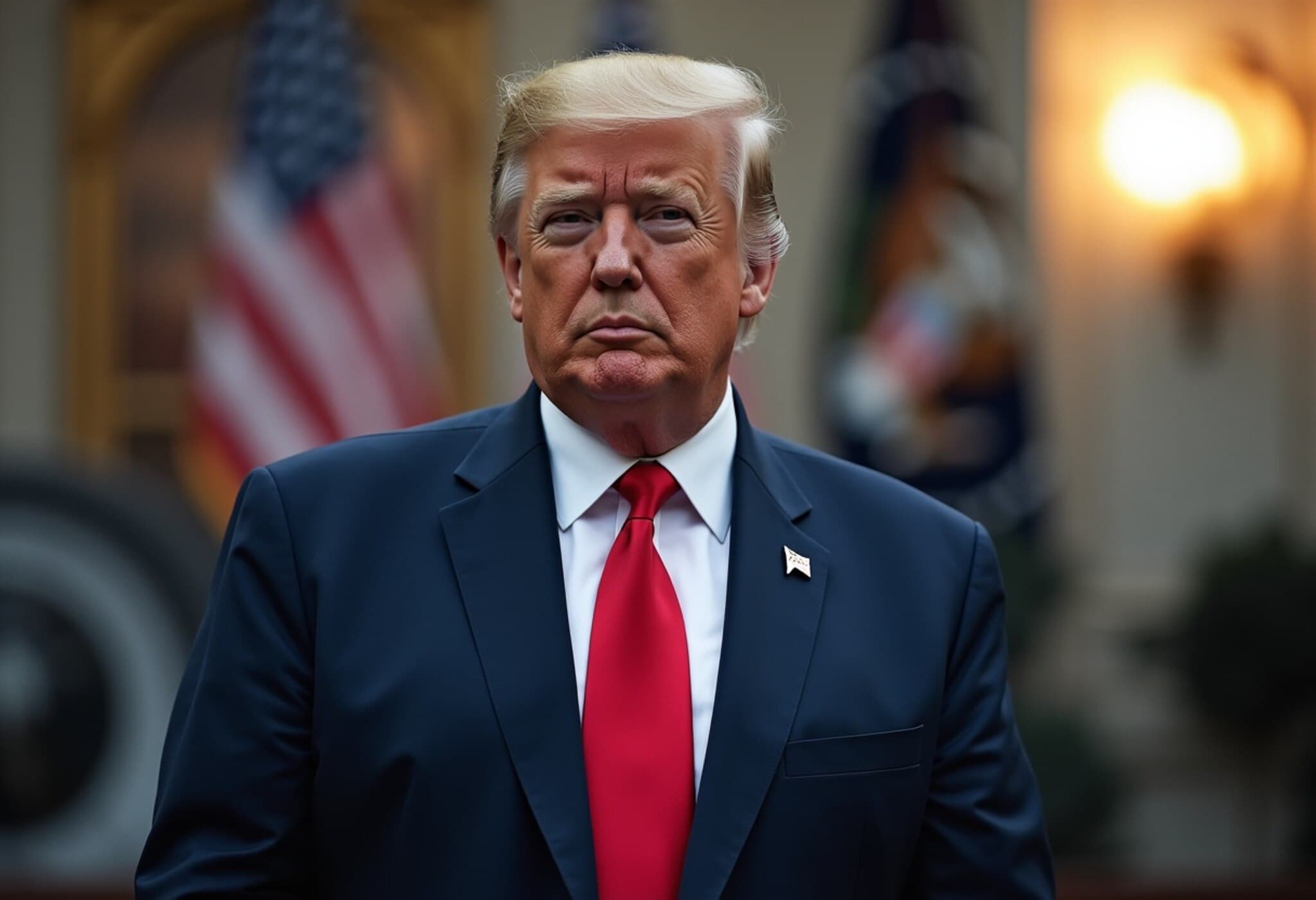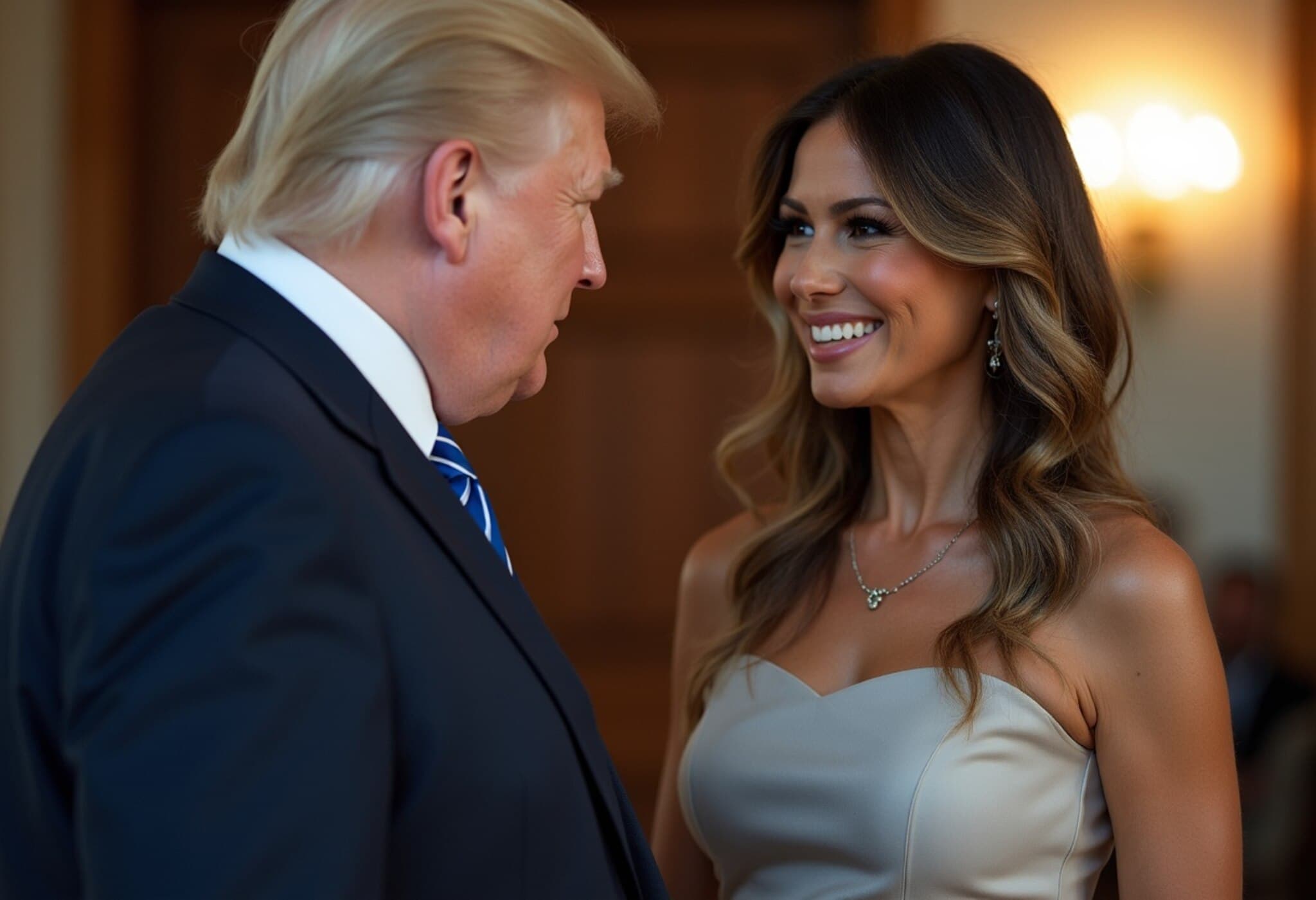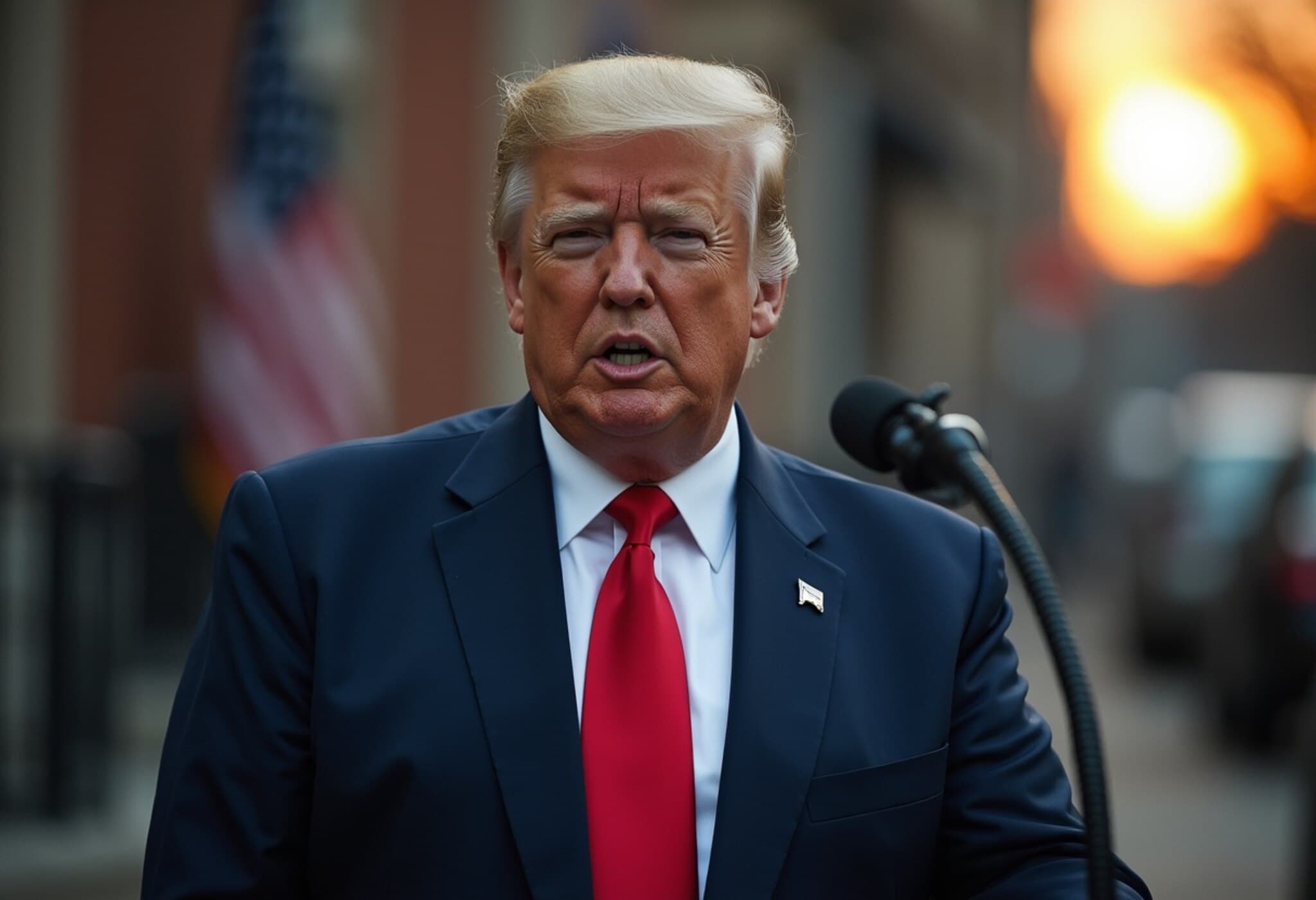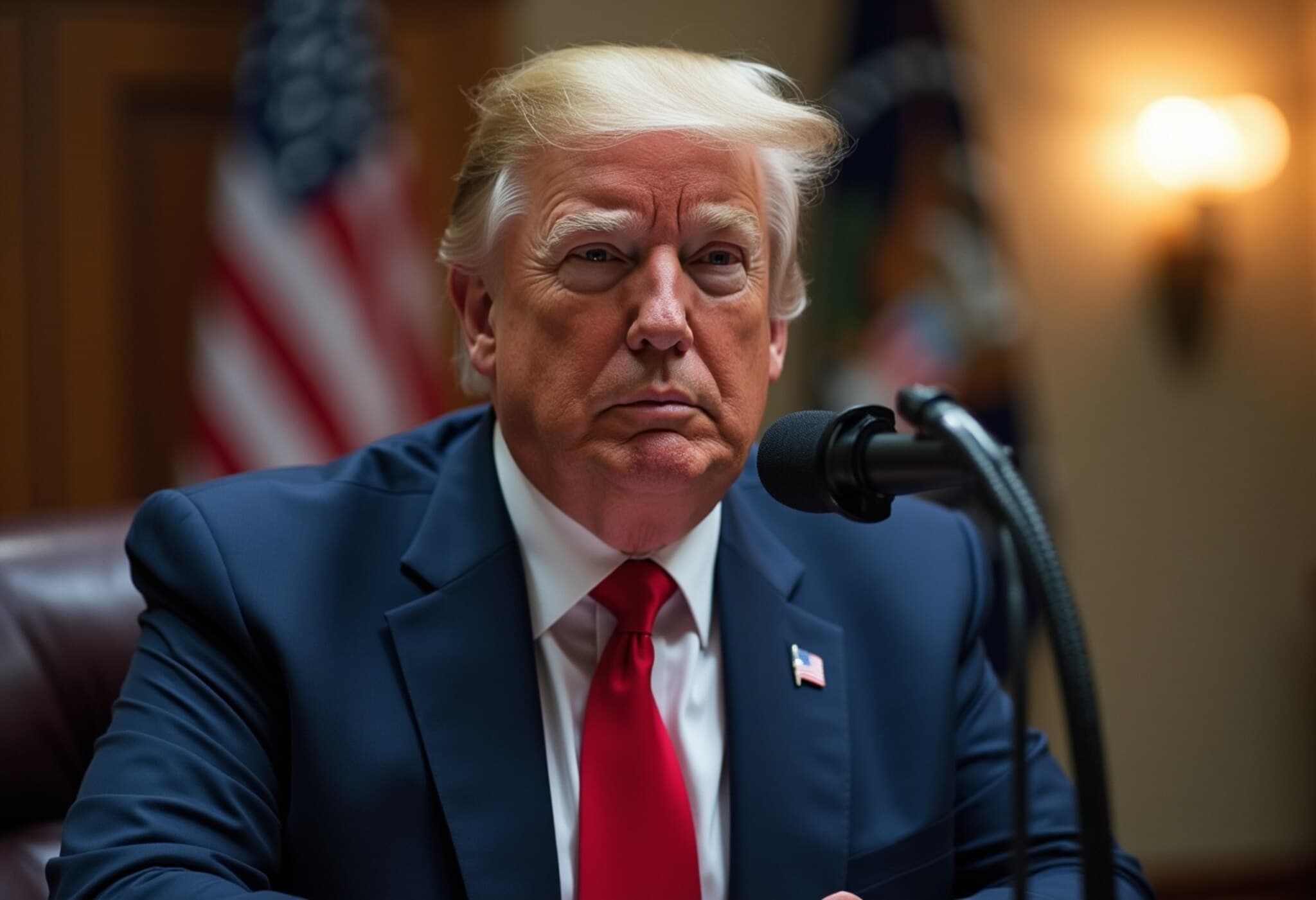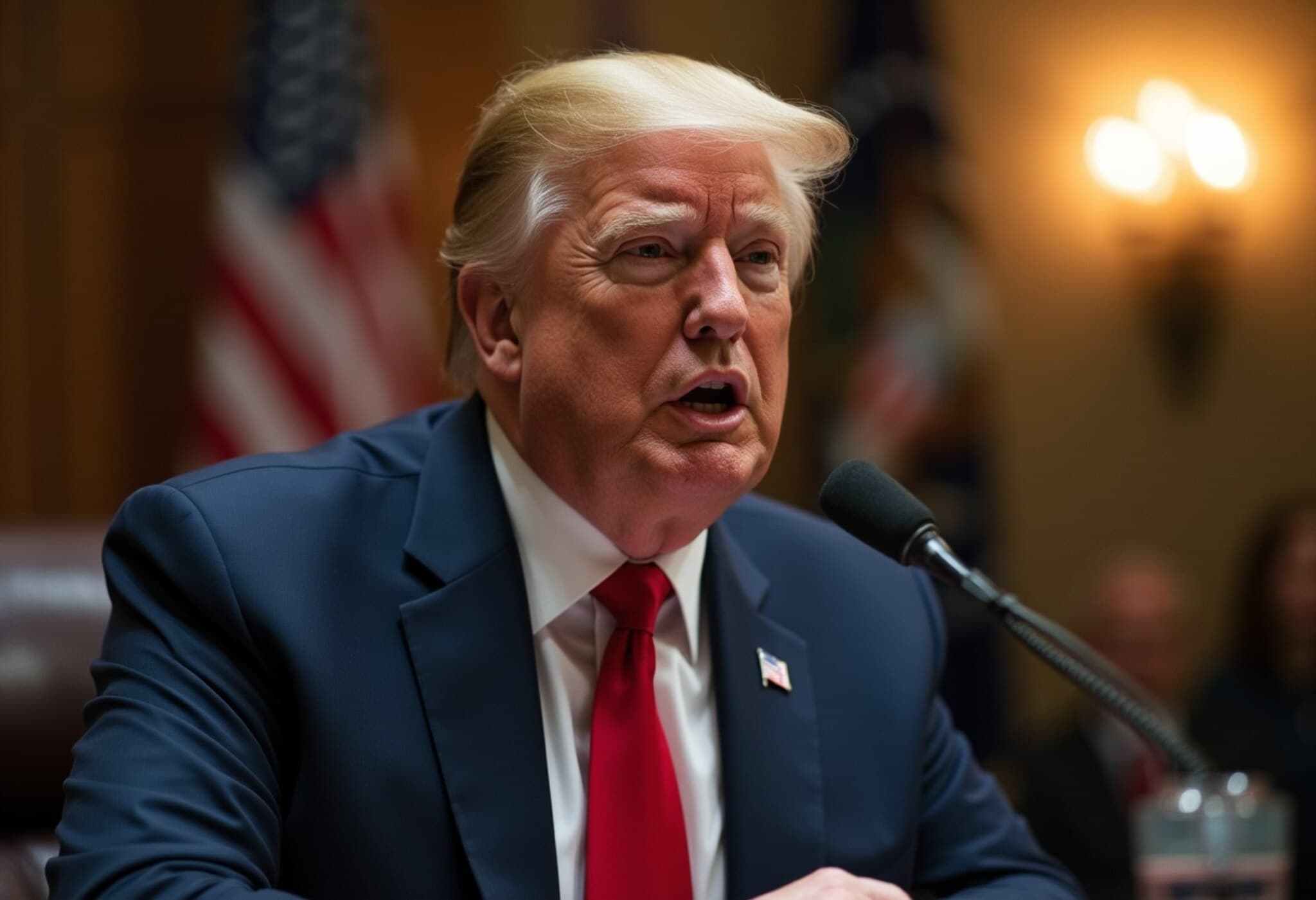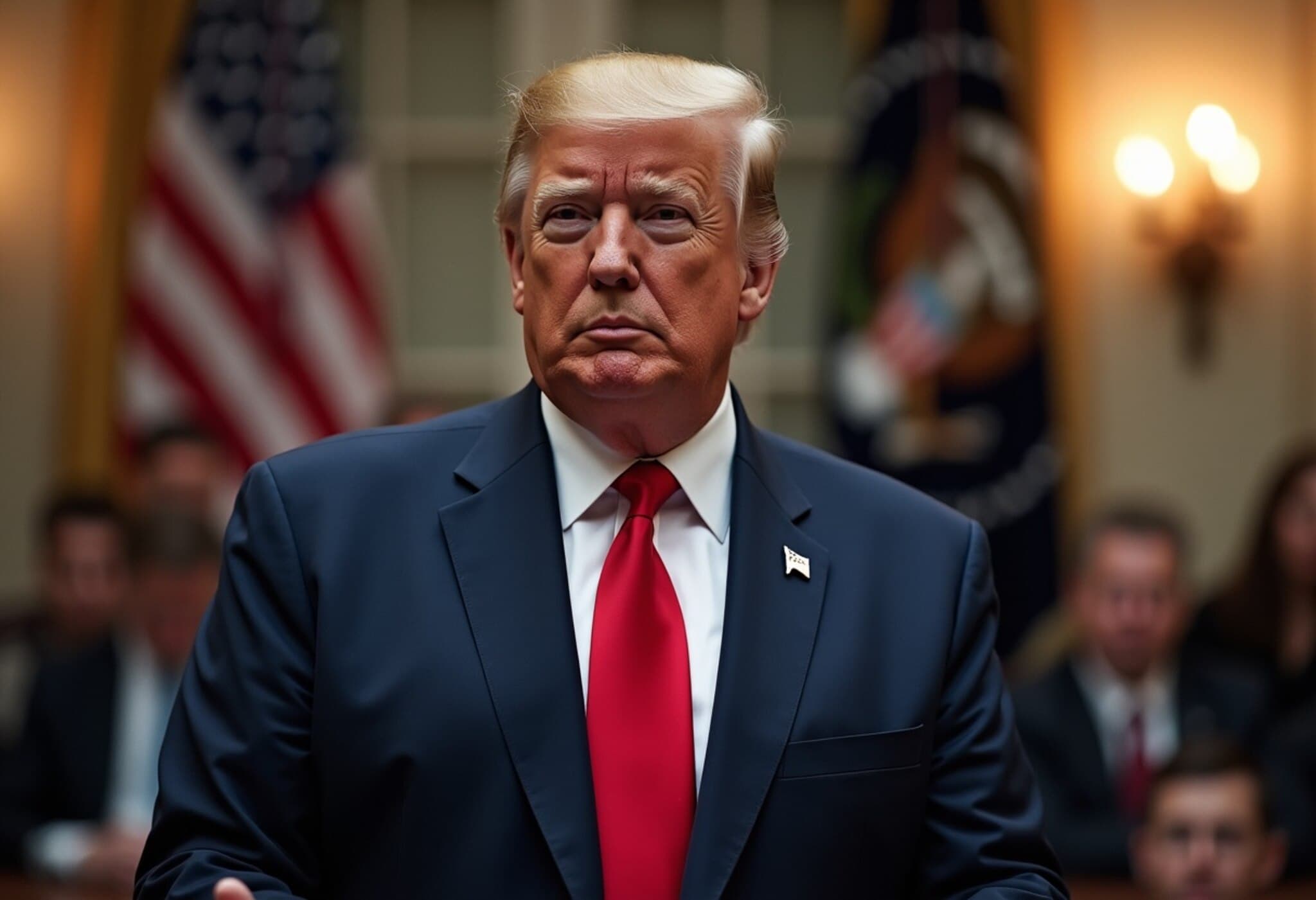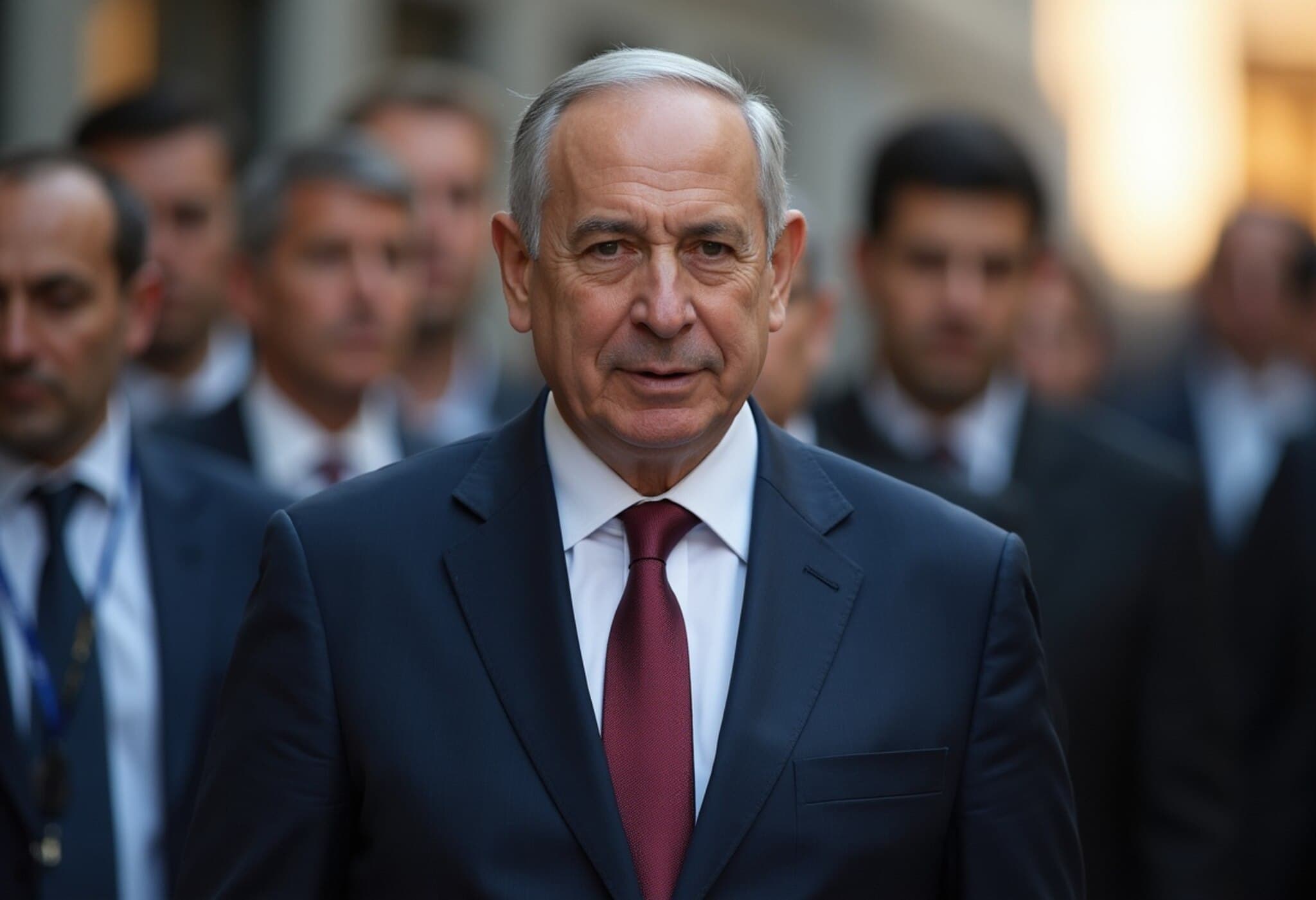Trump’s Strategic Use of Government Authority: Governance or Retaliation?
In an unfolding chapter of modern American politics, former President Donald Trump appears to be employing government power as a tool not only for governance but also to consolidate his political influence and intimidate his critics. Recent developments—including high-profile legal investigations, national security maneuvers, and personnel shifts—have drawn sharp scrutiny from political analysts and legal experts, sparking concerns about the balance of power and democratic norms.
Legal Investigations Signal a Coordinated Approach
Over the past weeks, Trump's political apparatus has intensified scrutiny on a range of figures historically critical or adversarial to him. The FBI’s recent search of John Bolton’s residence—Trump’s former national security adviser—was emblematic, occurring shortly after Bolton described the current administration as "the retribution presidency." This move is widely interpreted as part of an orchestrated push to exert pressure on perceived opponents.
Other notable figures under Trump-aligned investigations include New York Attorney General Letitia James, known for pursuing lawsuits against Trump’s business interests, and Senator Adam Schiff, a leading voice during Trump’s first impeachment. Additional inquiries extend to former New York Governor Andrew Cuomo and ex-administration critics such as Miles Taylor and Chris Krebs.
Historical Patterns and Political Retaliation
Experts note this approach aligns closely with Trump’s campaign rhetoric promising retaliation. The context is crucial: Trump faces multiple indictments related to efforts to overturn the 2020 presidential election, with one of these cases recently dismissed by the Supreme Court on grounds of presidential immunity for official acts. Political scientist Brendan Nyhan observes, “You combine the threat of prosecution with armed troops in the streets. The picture is pretty clear for anyone who’s read a history book what kind of administration we’re dealing with.”
Domestic Military Deployments and Law Enforcement Actions
Expanding beyond legal maneuvers, Trump has deployed National Guard and federal law enforcement personnel to major U.S. cities such as Washington, D.C., and Los Angeles, under the banners of crime reduction and immigration enforcement. Critics argue this creates an atmosphere of intimidation, blending legal threats with militarized presence.
Pardons, Personnel Changes, and Institutional Influence
Trump’s use of executive power further includes mass pardons—over 1,500 individuals linked to the January 6 Capitol riot—and strategic replacement of federal prosecutors engaged in politically sensitive cases. The Justice Department under his direction has revisited controversial investigations, including the 2016 Russia probe and inquiries into the Obama administration.
This wider pattern suggests a deliberate attempt to steer judicial processes and exert influence over independent institutions. Trump’s administration has also reportedly sought influence over economic bodies like the Federal Reserve and considered further military interventions in cities such as Chicago.
Expert Perspectives and Democratic Concerns
Legal experts express deep concerns about these actions. Stephen Saltzburg, a former Justice Department official, remarked, "It is amazing to me the number of people the Trump administration has gone after, all of whom are identified by the fact that they investigated or criticized Trump in one way or another." Similarly, Justin Levitt, another former DOJ official, compared the administration’s tactics to bullying unchecked by limits: "It's what bullies do when no one tells them ‘No.’"
Furthermore, the administration has targeted law firms, universities, and judges through funding restrictions and legal pressures to promote compliance, challenging the independence that underpins American democratic institutions.
The Road Ahead: Governance, Retaliation, or Both?
As these developments unfold, key questions arise about the nature of governance in the U.S. Is this consolidation of power a legitimate exercise of executive authority aimed at national stability, or is it a retaliatory campaign undermining institutional checks and balances? Observers emphasize the importance of vigilance to ensure that government tools are not weaponized to damage democracy itself.
Key Takeaways:
- Legal probes and investigations are targeting Trump’s past critics and political opponents, reflecting a broader pattern of retaliation.
- Military deployments to U.S. cities raise debate over security versus intimidation concerns.
- Pardons and personnel shifts illustrate efforts to reorient criminal justice and oversight functions.
- Institutional independence is under strain, with financial and legal pressure applied to traditionally autonomous bodies.
- Experts warn about the erosion of democratic norms and the danger of conflating governance with political revenge.
Editor’s Note
Trump’s blending of authoritative governance and political retribution is reshaping the American political landscape in ways that merit close attention. This unfolding narrative challenges the core of democratic safeguards—raising profound questions about the future of institutional independence, rule of law, and political accountability. As citizens and observers, scrutinizing these developments is critical to understanding the balance between legitimate executive power and the creeping risks of authoritarian consolidation.
With inputs from legal analysts and political experts.

